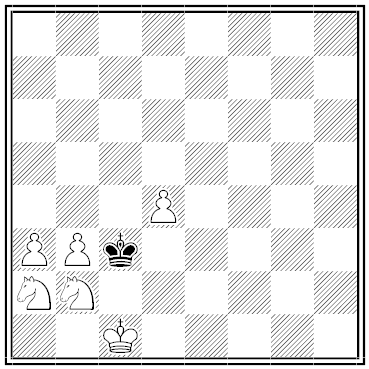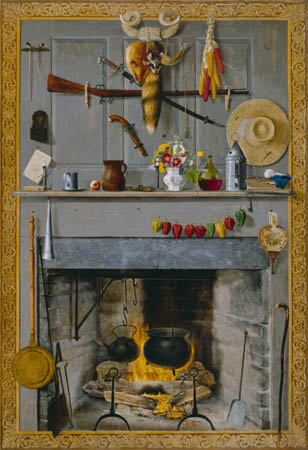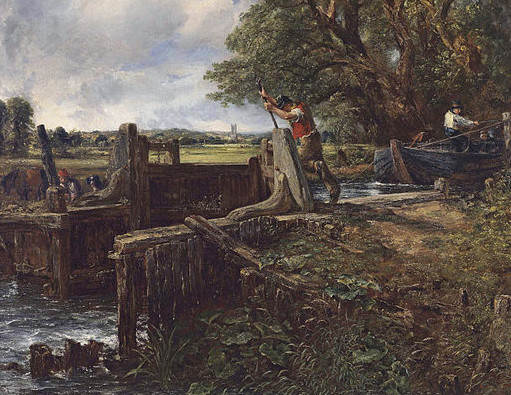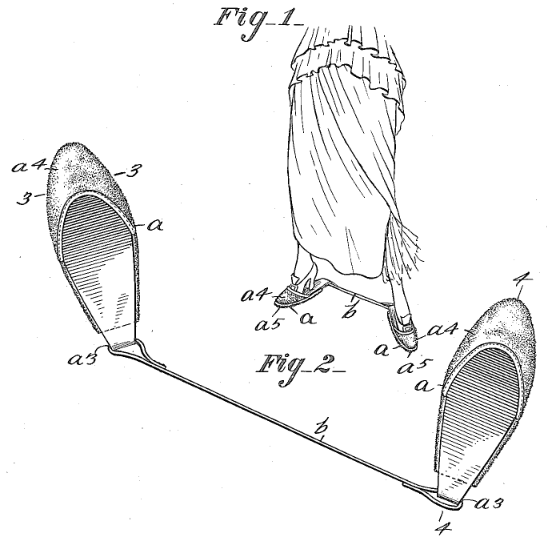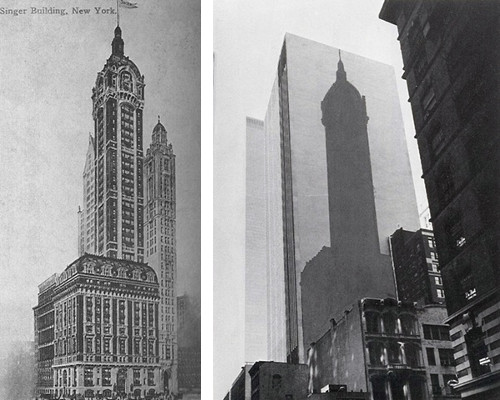Here are three items that I haven’t been able to confirm — I expect the first two are false, but I’m posting them here for what they’re worth. The first is from Henry Thomas and Dana Lee Thomas, Living Biographies of Great Poets, 1941:
An interesting and touching story is told about the manuscript of the first Jungle Book. Kipling gave this manuscript as a present to the nurse who had cared for his first-born child. ‘Take this script,’ he said, ‘and someday if you are in need of money you may be able to sell it at a handsome price.’ Years later, when the nurse was actually in want, she sold the manuscript and managed to live in comfort for the rest of her life.
I can’t verify that anywhere. The second item is from Robert Hendrickson, American Literary Anecdotes, 1992:
Some 5,000 copies of [Steinbeck’s] The Wayward Bus (1947) went up in flames when the truck taking them from the bindery collided with a bus — yes, a wayward bus — travelling on the wrong side of the road.
San Jose State University’s Center for Steinbeck Studies repeated that story in a 1995 newsletter, but it cited Hendrickson as the source. I haven’t been able to confirm it independently.
This last one may be true. The Oxford Dictionary of Thematic Quotations claims that Millvina Dean (1911-), the youngest survivor of the Titanic disaster, while visiting the Kansas City house in which her family would have lived, said, “I can’t bear iced drinks … the iceberg, you know. Perhaps some champagne though.”
The dictionary cites the Times, Aug. 20, 1997, for this quote, but I haven’t tracked that down to confirm it.

